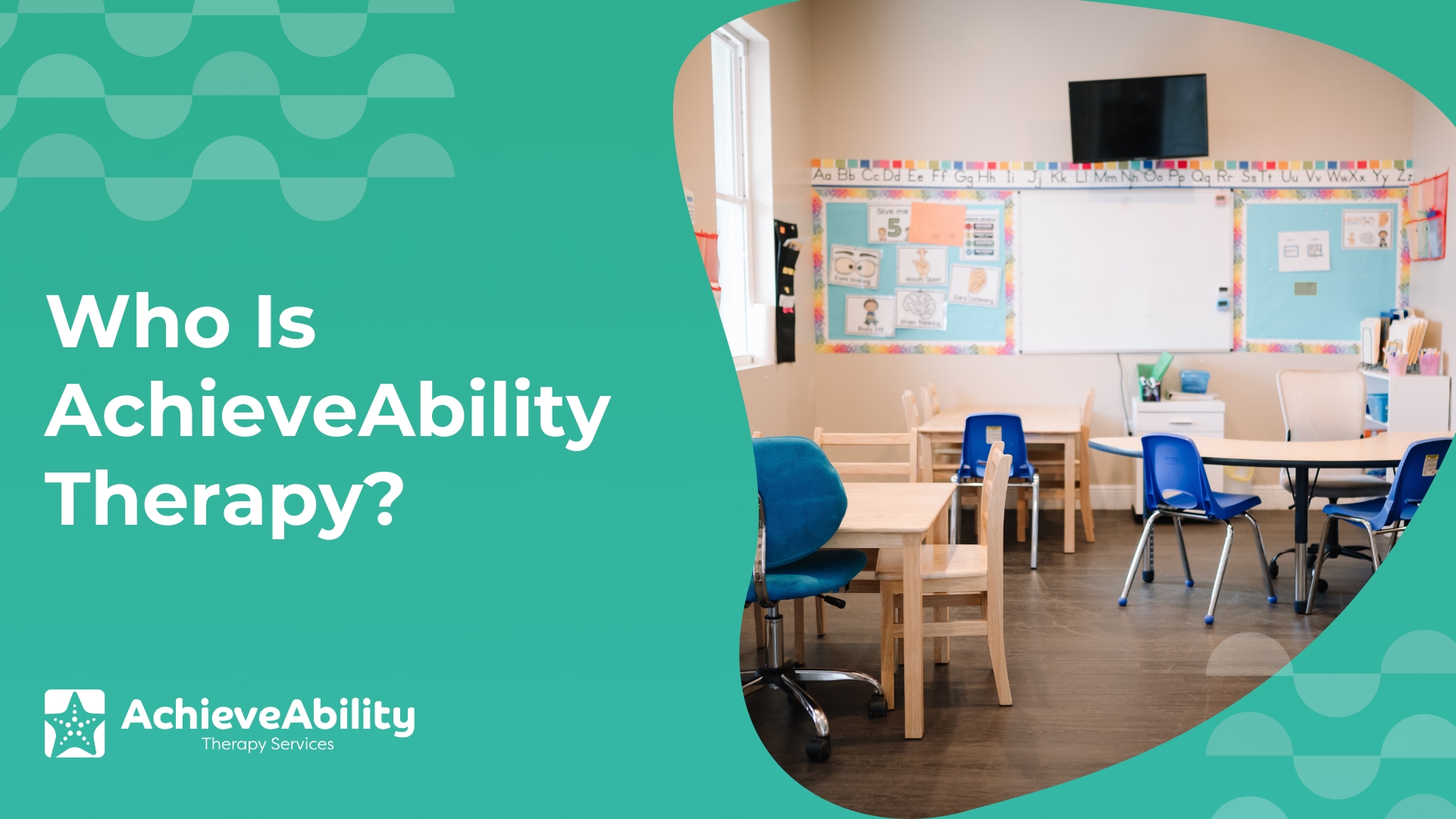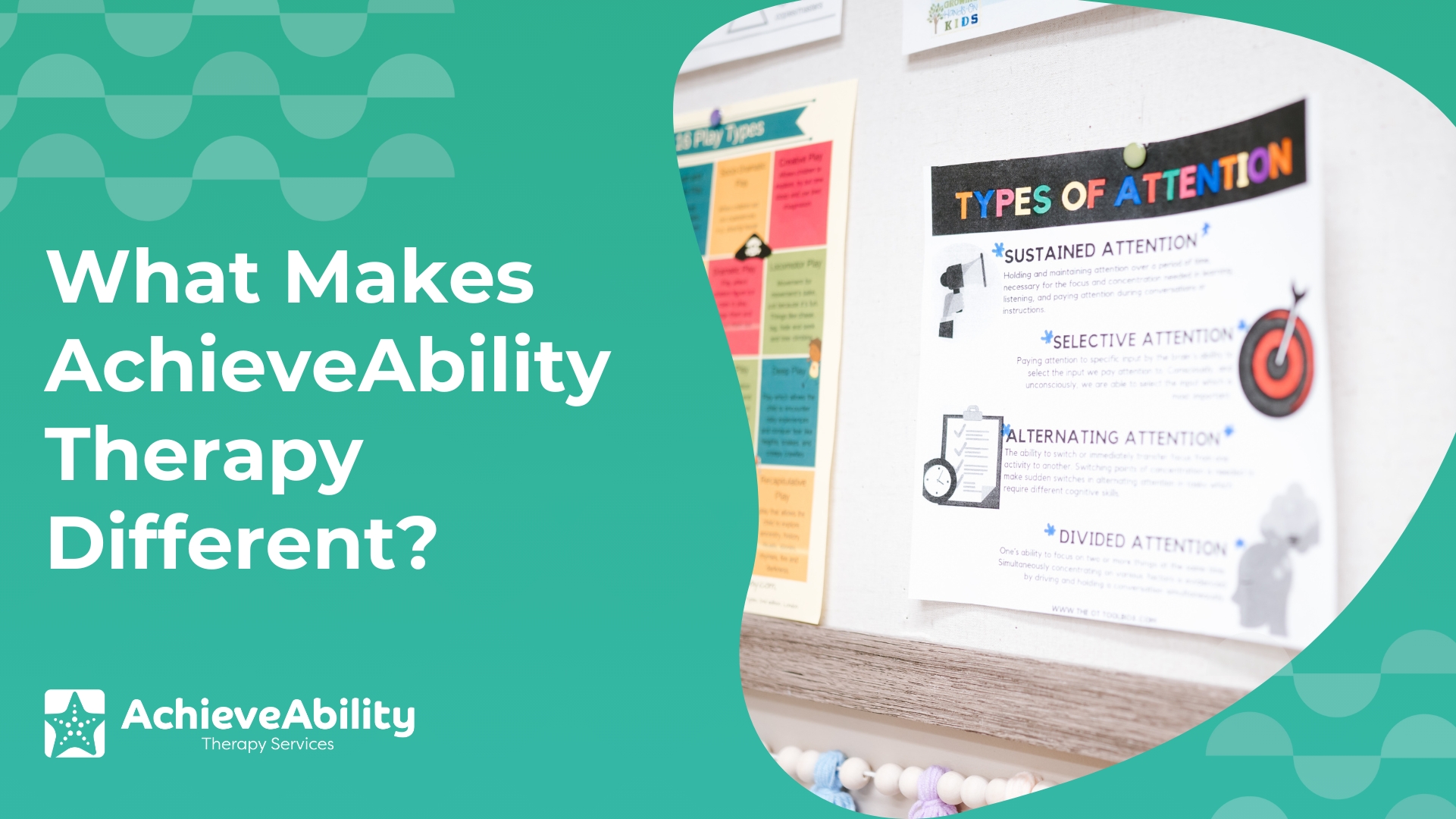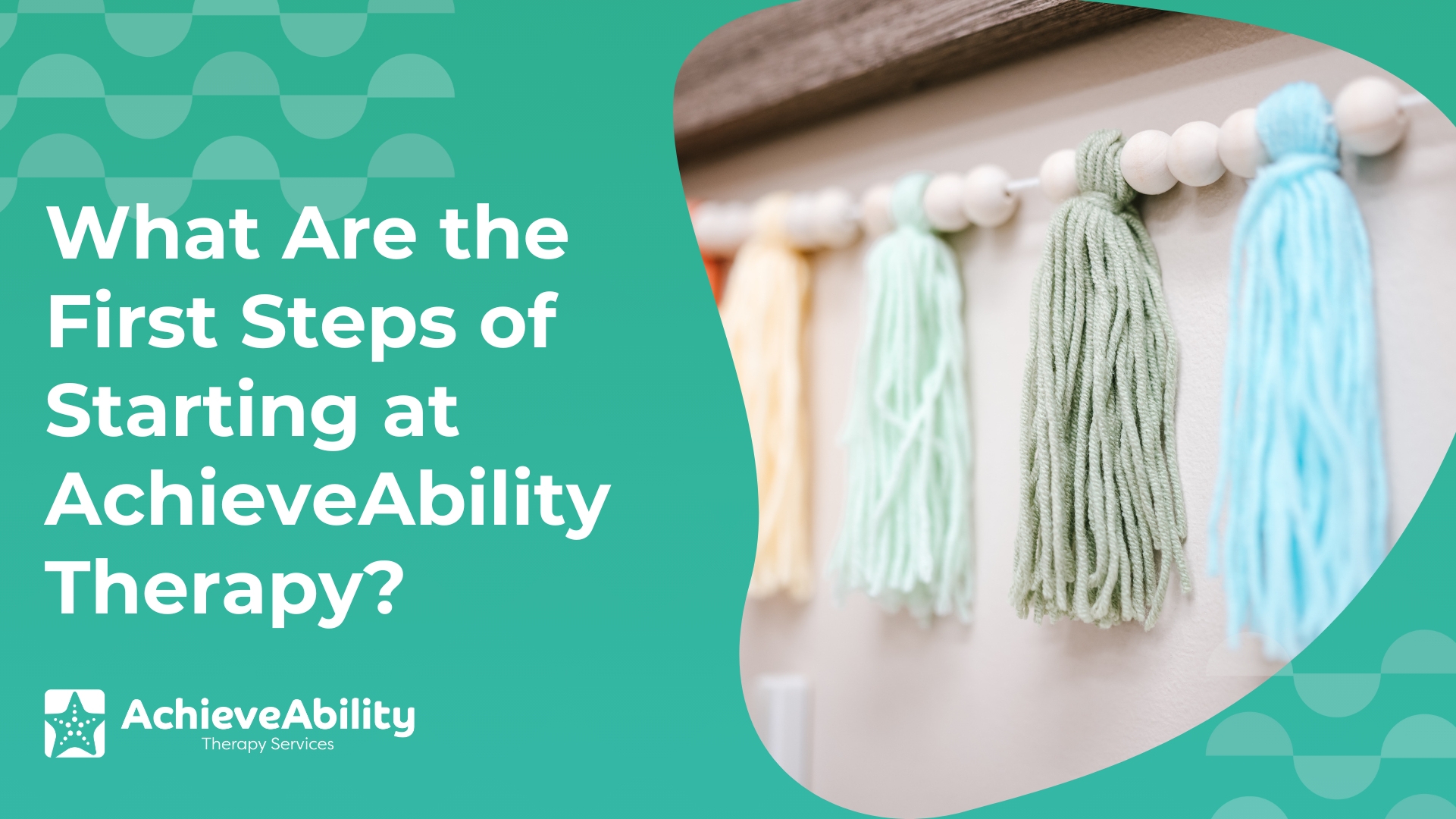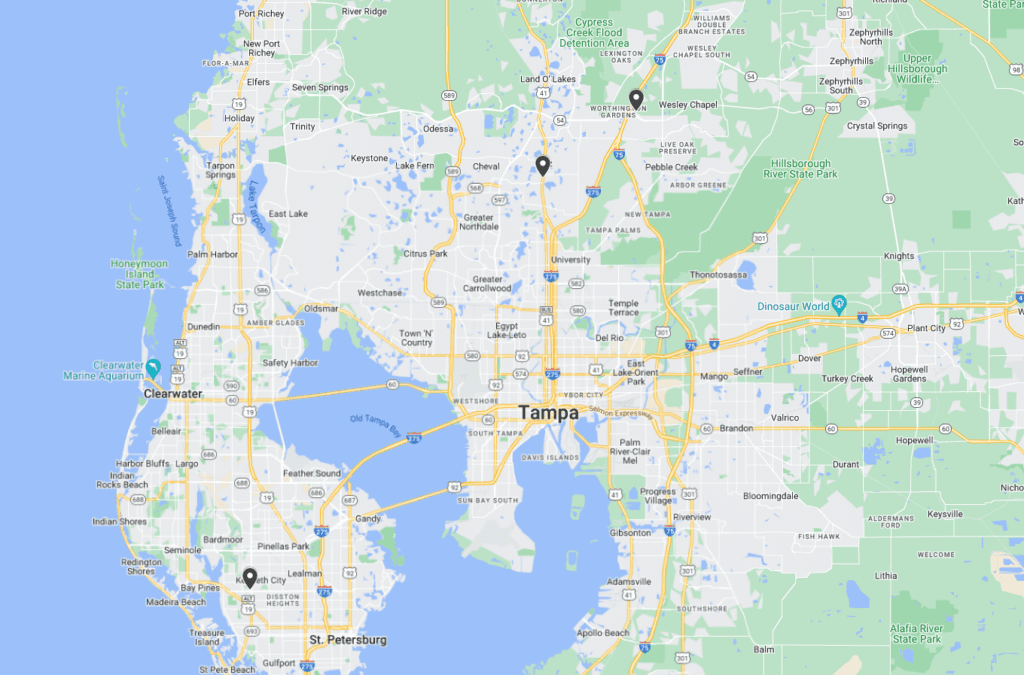There are many different milestones in parenthood. We celebrate our children’s first steps, the first time they eat solid food, and the first time they sleep through the night. But there’s something extra special about the time your child learns to speak their first words, and it just gets sweeter as they learn how to communicate their thoughts and feelings with you.
Most children begin saying words sometime between 12 and 18 months. The expectation at this age is that a child will begin to say syllables like ba, ma, and da. In the following months, they begin combining those sounds into simple words like ball, mama, and dada. By the time a child is two, they can usually string two words together, and by the age of three, they have developed the ability to communicate their needs pretty clearly.
Children will learn to talk at all different ages. Most of the time, this is nothing to be concerned about. If you’re wondering whether you need to see a professional about your child’s speech development, there are a few questions you want to ask yourself about their progress. Is your child showing little interest in communicating? Is your child meeting age-appropriate milestones? Does your child understand directions? If the answer to those questions is no, it’s worth seeking a professional opinion.
No one learns a language through osmosis. Children and adults learn language by practicing, trying to speak it, and listening to the people around us speak it. There are some easy, everyday things you can help to help encourage your child’s speech development.
Read Together Regularly
Does your toddler enjoy reading books? Even in a world inundated with fast-moving cartoons and bright screens, kids can still be transfixed by a great story and some silly-sounding narration. Reading to your child is a powerful way to expose them to new vocabulary and help them develop a love for books that will benefit them throughout their lives.
Narrate Your Day
Your toddler is taking in their environment all day long. As you go through your day, narrate to them what you’re doing. As you make them breakfast, dress them or change their diaper, and play in the yard or at the playground, mention what you see and what you are doing. Ask them questions about what they are seeing and experiencing. The more you talk to your child, the more exposure they have to language.
Sing Songs And Nursery Rhymes
Songs and stories that rhyme are really helpful for young language learners. Rhyme and rhythm are beneficial in helping kids pick up the sounds and syllables of words. It makes sense that songs like Baa Baa Black Sheep have been around for several hundred years because they’re effective tools for the speech development of young toddlers.
Point Out And Name Objects
Your house is jam-packed with fun vocabulary words. Point out the objects around them and invite them to say the word back to you. Speak the word slowly and clearly and follow it with the word in a sentence. For example, “This is a shoe. We wear shoes on our feet. Can you say shoe?”
Leave Space For Them To Speak
Remember that your child is learning this language for the first time, and it may take them extra time to comprehend what you’ve said, formulate a thought, and respond. Once you’ve spoken to them, leave some quiet space for them to respond. Chances are good they’ll have something to say, given the time and space.
There’s nothing more exciting than watching as your child begins to experiment with language. First, they babble little sounds, then they start to make noises that almost sound like words, then their vocabulary grows, and their words turn to sentences, and before you know it, you’re having a conversation with them. But the toddler years can also be stressful if your child’s speech development doesn’t seem to meet your expectations. If you and your pediatrician are concerned about your child’s language development and need professional help, call our office today.







